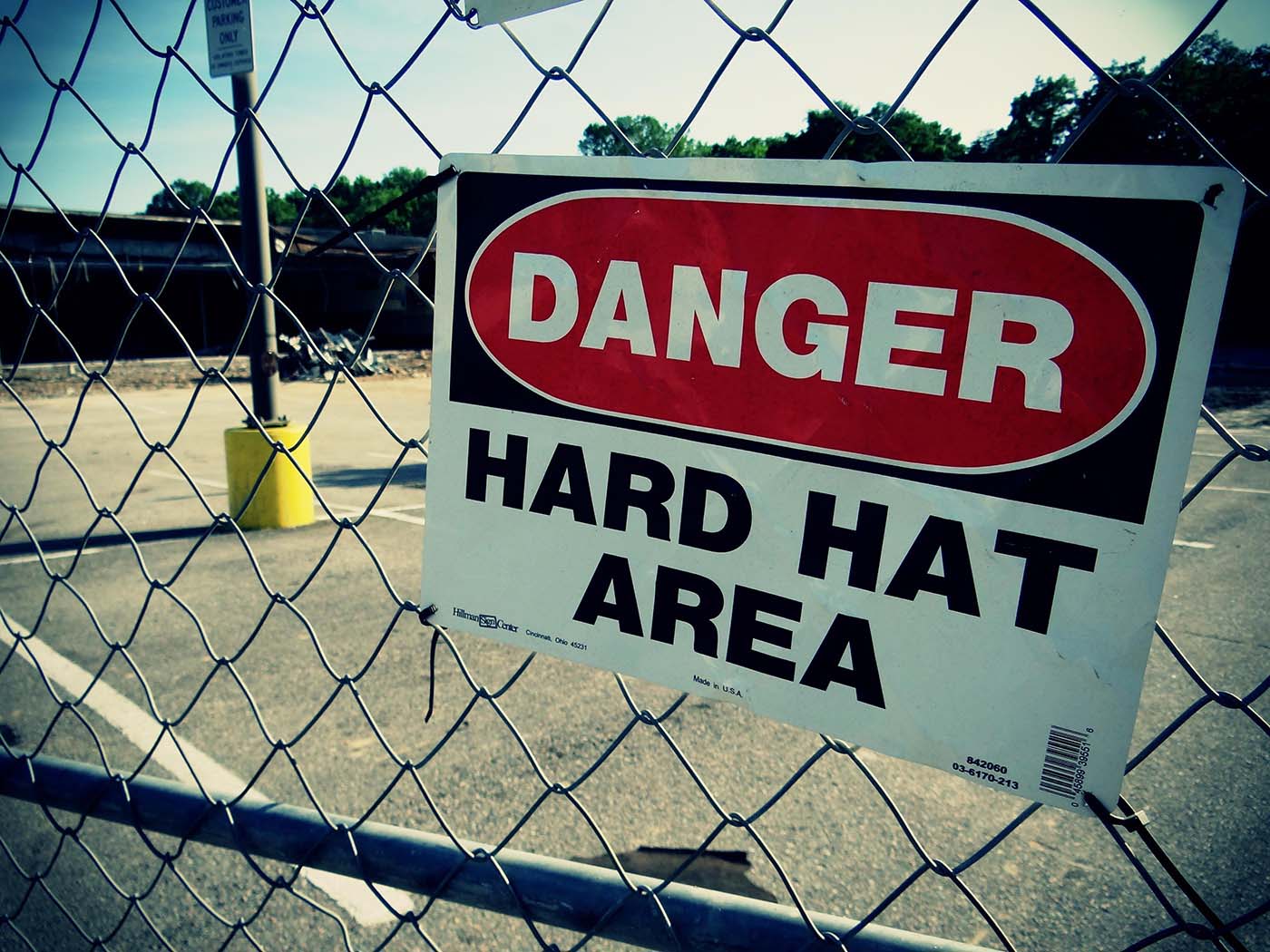22 Jun Hazard Awareness -The Little Things Count
Hazard Awareness The Little Things Count Most of us have probably heard the old saying, "It's the little things that count." There are many small things that influence our lives, and ignoring them can sometimes have serious consequences -- particularly when it comes to safety. We have all been trained to watch out for the big hazards that could harm us, but the little ones can sometimes cause serious injuries too. One company became very concerned when its accident frequency showed a large increase over a three-month period. Management began an in-depth check of systems, equipment, and material that are considered to be high-hazard:...











